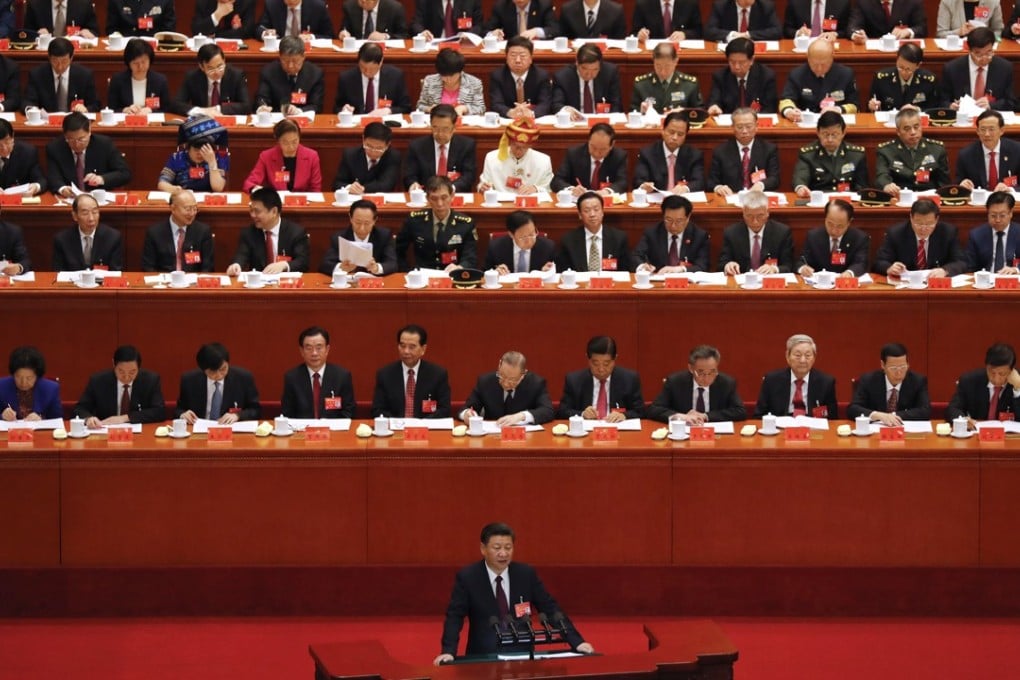Xi warns party to tackle challenges as China moves into new ‘modern socialist’ era
President looks beyond 2020 towards ‘modern socialist country’ but warns of tough challenges ahead

Chinese President Xi Jinping mapped out a confident vision of China’s rise as a global power by 2050, opening a twice-a-decade party gathering on Wednesday by reaffirming the Communist Party’s continued control and pledging the start of a “new era”.
In one of his most important political addresses since taking power five years ago and underscoring his own pivotal role since then, Xi declared China had entered a new phase to create a “modern socialist country”, a declaration analysts saw as a prelude to the omnipresent party-state under his governing philosophy.
“Right now both China and the world are in the midst of profound and complex changes,” he told more than 2,300 delegates at the Great Hall of the People in Beijing.
“China is still in an important period of strategic opportunity for development. The prospects are bright, but the challenges are severe.”
In an all-encompassing, 3½-hour speech that will set the tone for the country’s development over the next decade, Xi urged the party to tackle these severe challenges, from widespread corruption and imbalances in the economy to mounting social unrest and a long list of other social and environmental woes.
Despite criticism of his tightening grip on power and narrowing space for civil society, Xi signalled his confidence that relatively high economic growth combined with deepening reforms and better income distribution, a continuing crackdown on corruption and the shaping of its political system on its own terms would engender the party’s legitimacy.